When it comes to personal hygiene, soap is an essential product that keeps us clean and smelling fresh. However, not all soaps are created equal. There exist some unfortunate concoctions that fall into the category of ‘worst smelling soaps’. In this article, we will explore the olfactory offenders, their potential reasons for their unappealing fragrance, and what consumers should avoid when looking for a pleasant and invigorating soap experience. 1. The Power of Scent: Human beings have a keen sense of smell, with the ability to differentiate between thousands of different scents.
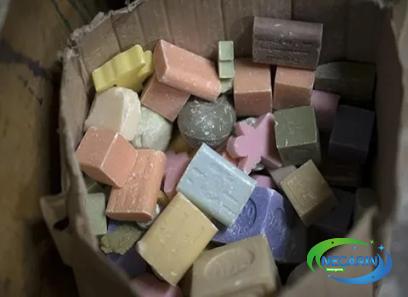
.
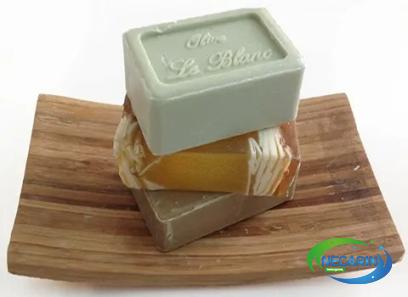 The smell of soap, therefore, has a significant impact on how we perceive cleanliness and freshness. While individual preferences can vary, certain soaps consistently receive negative reviews for their overpowering or unpleasant odors. 2. Understanding the Cause: The reasons behind a soap’s unpleasant smell can vary. Some poorly crafted soaps may contain low-quality ingredients or artificial fragrances that do not blend well together, resulting in an overpowering or unpleasant scent. Additionally, the manufacturing process can also play a role in creating undesirable odors. Improper curing or storage of soap can lead to rancidity, resulting in an off-putting smell.
The smell of soap, therefore, has a significant impact on how we perceive cleanliness and freshness. While individual preferences can vary, certain soaps consistently receive negative reviews for their overpowering or unpleasant odors. 2. Understanding the Cause: The reasons behind a soap’s unpleasant smell can vary. Some poorly crafted soaps may contain low-quality ingredients or artificial fragrances that do not blend well together, resulting in an overpowering or unpleasant scent. Additionally, the manufacturing process can also play a role in creating undesirable odors. Improper curing or storage of soap can lead to rancidity, resulting in an off-putting smell.
..
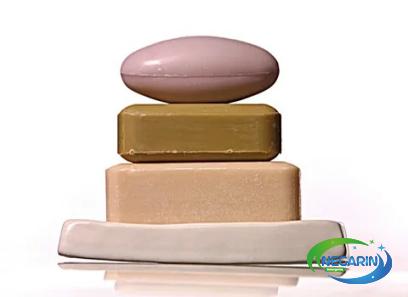 3. Offenders of Olfaction: a) Synthetic Fragrances: Soaps with synthetic fragrances may often have an artificial or overpowering smell. This is because synthetic fragrances are often made up of a mix of chemicals, some of which can trigger allergic reactions or migraine headaches in sensitive individuals. b) Sulfur-Based Soaps: While sulfur is known for its numerous skin benefits, soaps containing a high concentration of sulfur can have a strong and pungent smell resembling rotten eggs. This odor can be off-putting to many, making it one of the worst smelling soap options. c) Tallow-Based Soaps: Soaps made from animal fats, such as tallow-based soaps, can have a distinct and unpleasant scent that lingers on the skin. This odor is often described as rancid or greasy, making these soaps a less appealing choice for many consumers.
3. Offenders of Olfaction: a) Synthetic Fragrances: Soaps with synthetic fragrances may often have an artificial or overpowering smell. This is because synthetic fragrances are often made up of a mix of chemicals, some of which can trigger allergic reactions or migraine headaches in sensitive individuals. b) Sulfur-Based Soaps: While sulfur is known for its numerous skin benefits, soaps containing a high concentration of sulfur can have a strong and pungent smell resembling rotten eggs. This odor can be off-putting to many, making it one of the worst smelling soap options. c) Tallow-Based Soaps: Soaps made from animal fats, such as tallow-based soaps, can have a distinct and unpleasant scent that lingers on the skin. This odor is often described as rancid or greasy, making these soaps a less appealing choice for many consumers.
…
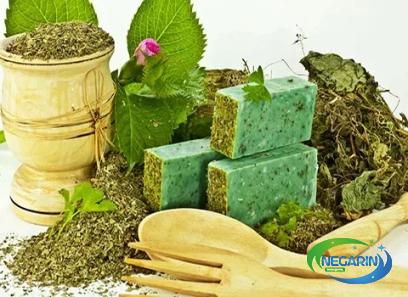 4. Avoiding the Stink: To ensure a pleasant and enjoyable bathing experience, consumers should consider the following tips: a) Read product reviews and descriptions to get an idea of the soap’s scent before purchase. b) Opt for soaps that use natural ingredients and essential oils for fragrance, as these tend to have more pleasing scents. c) Look for mild, gentle soaps that are designed for sensitive skin, as they are less likely to have overpowering odors. Conclusion: While soap is an everyday essential, it’s crucial to select products that not only cleanse effectively but also leave a pleasant fragrance lingering on the skin. By understanding the causes behind unpleasant soap scents and being mindful of the ingredients used, consumers can avoid the disappointment of using the worst smelling soaps. Remember, choosing a soap with a delightful scent is an investment in a refreshing and invigorating bathing experience.
4. Avoiding the Stink: To ensure a pleasant and enjoyable bathing experience, consumers should consider the following tips: a) Read product reviews and descriptions to get an idea of the soap’s scent before purchase. b) Opt for soaps that use natural ingredients and essential oils for fragrance, as these tend to have more pleasing scents. c) Look for mild, gentle soaps that are designed for sensitive skin, as they are less likely to have overpowering odors. Conclusion: While soap is an everyday essential, it’s crucial to select products that not only cleanse effectively but also leave a pleasant fragrance lingering on the skin. By understanding the causes behind unpleasant soap scents and being mindful of the ingredients used, consumers can avoid the disappointment of using the worst smelling soaps. Remember, choosing a soap with a delightful scent is an investment in a refreshing and invigorating bathing experience.
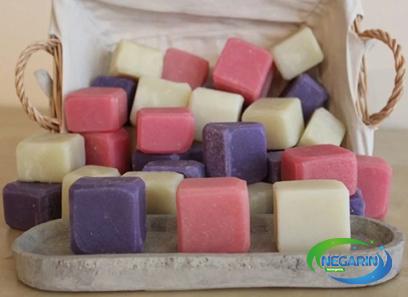
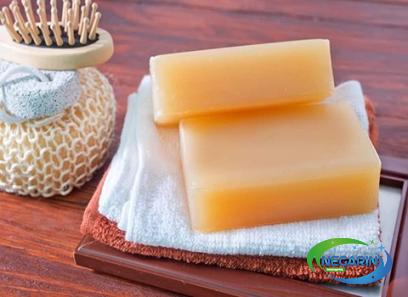
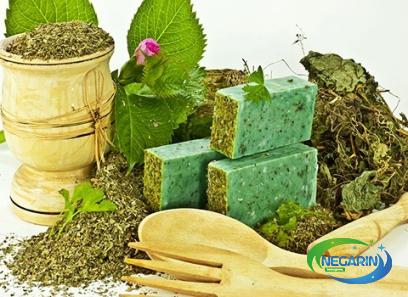
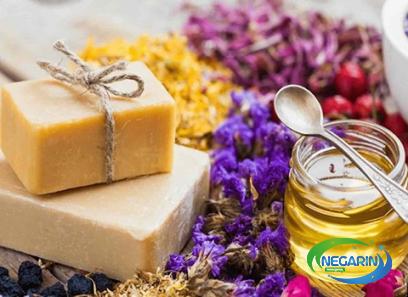
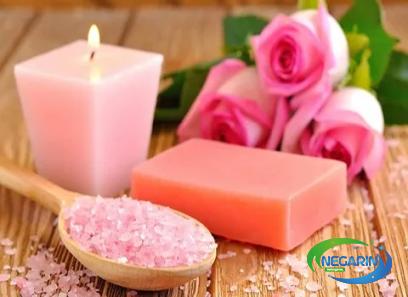
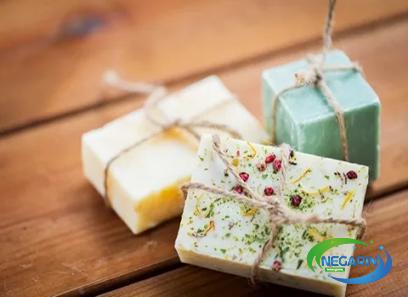
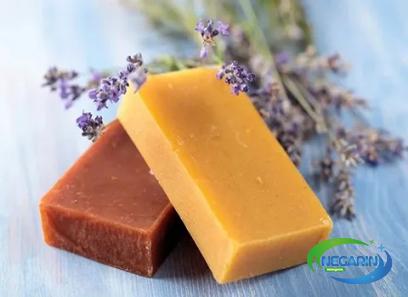
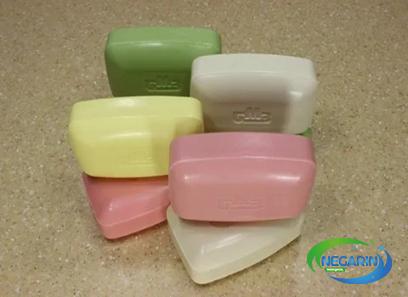
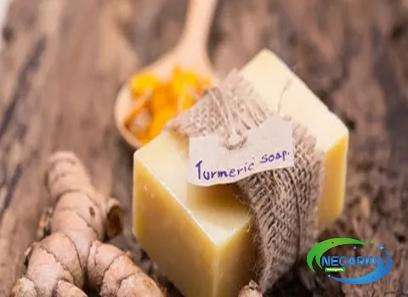
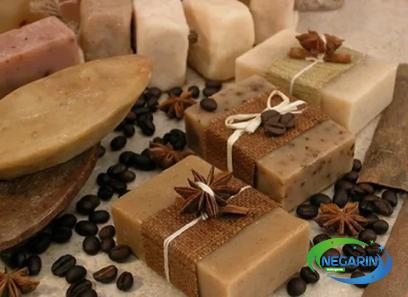
Your comment submitted.